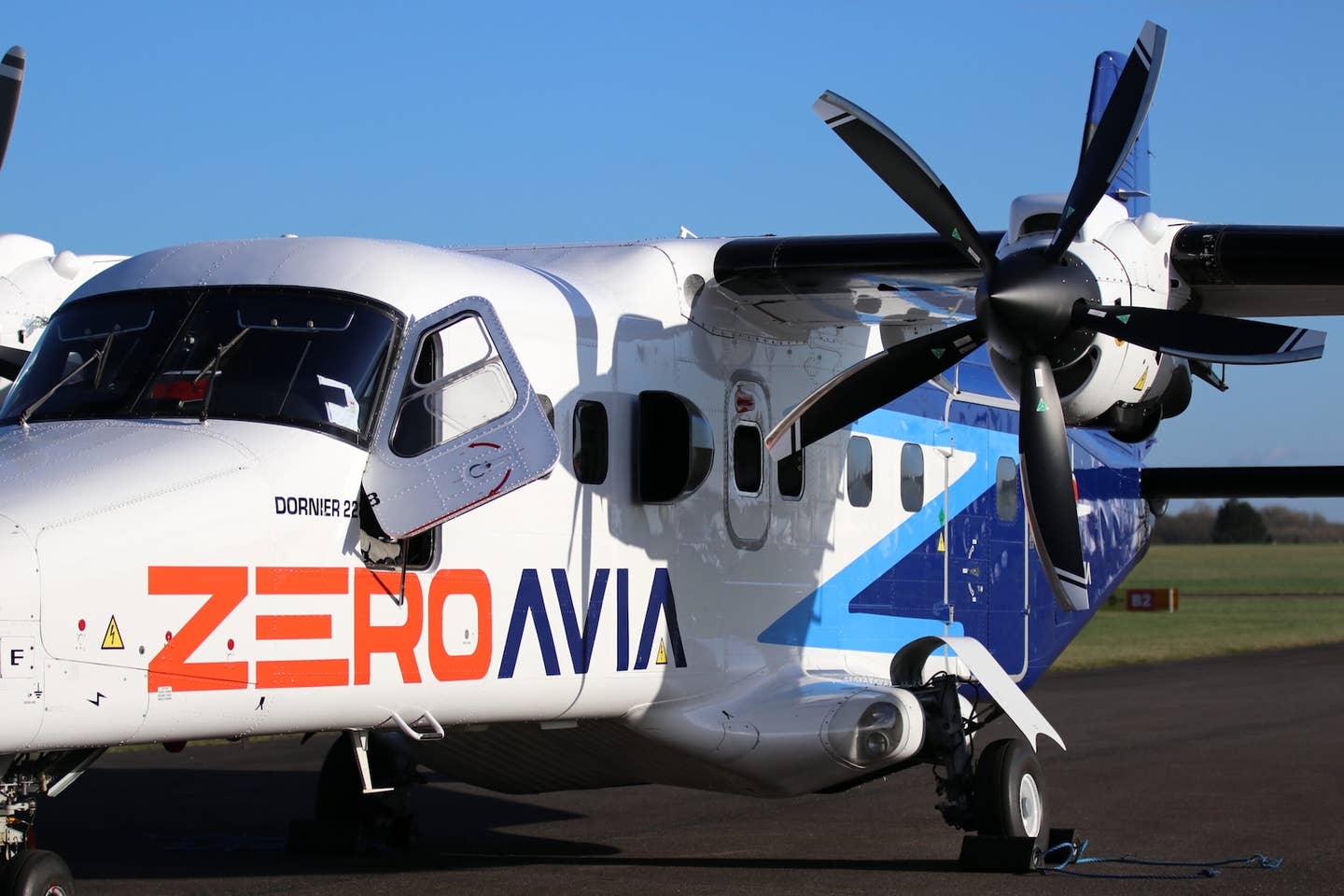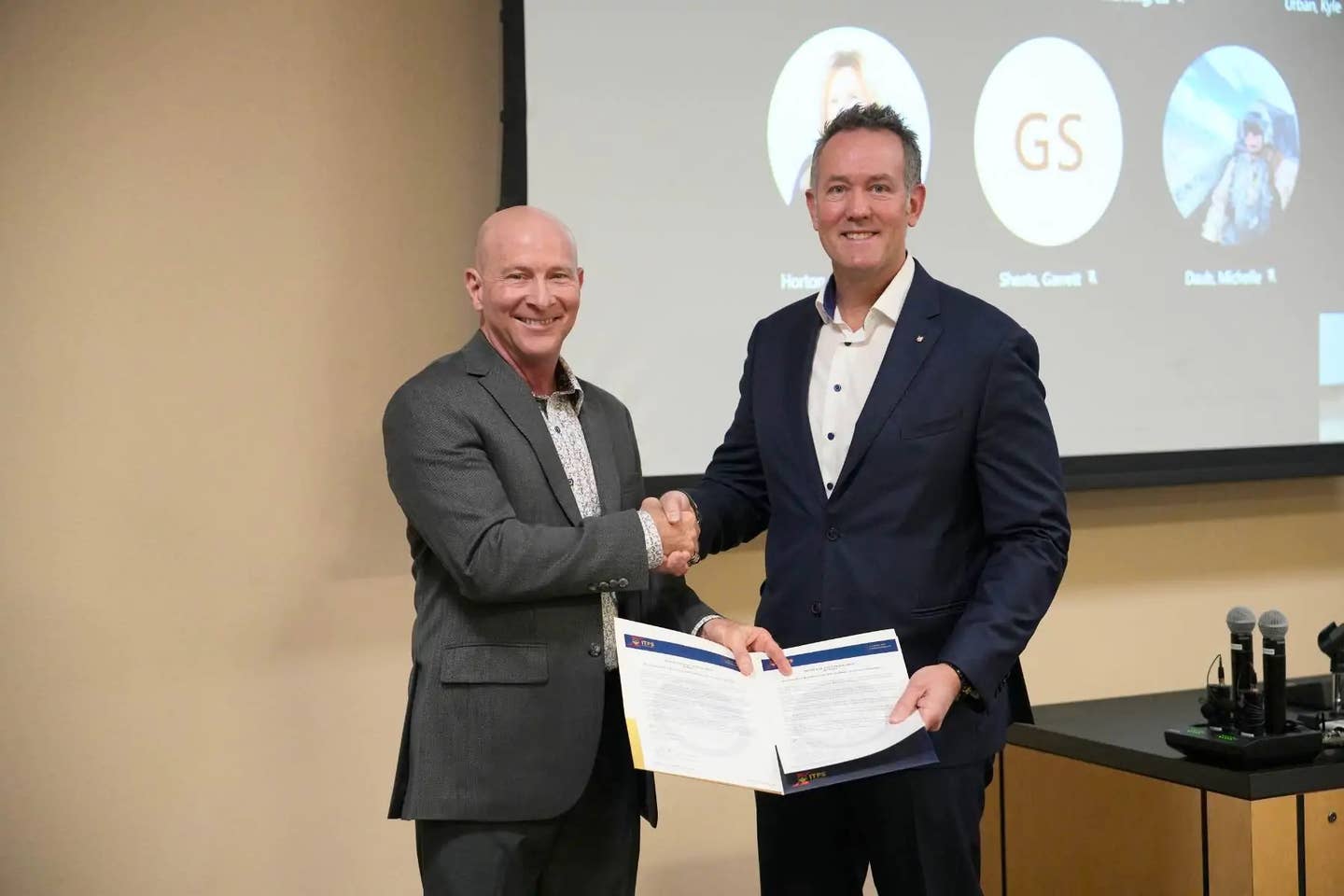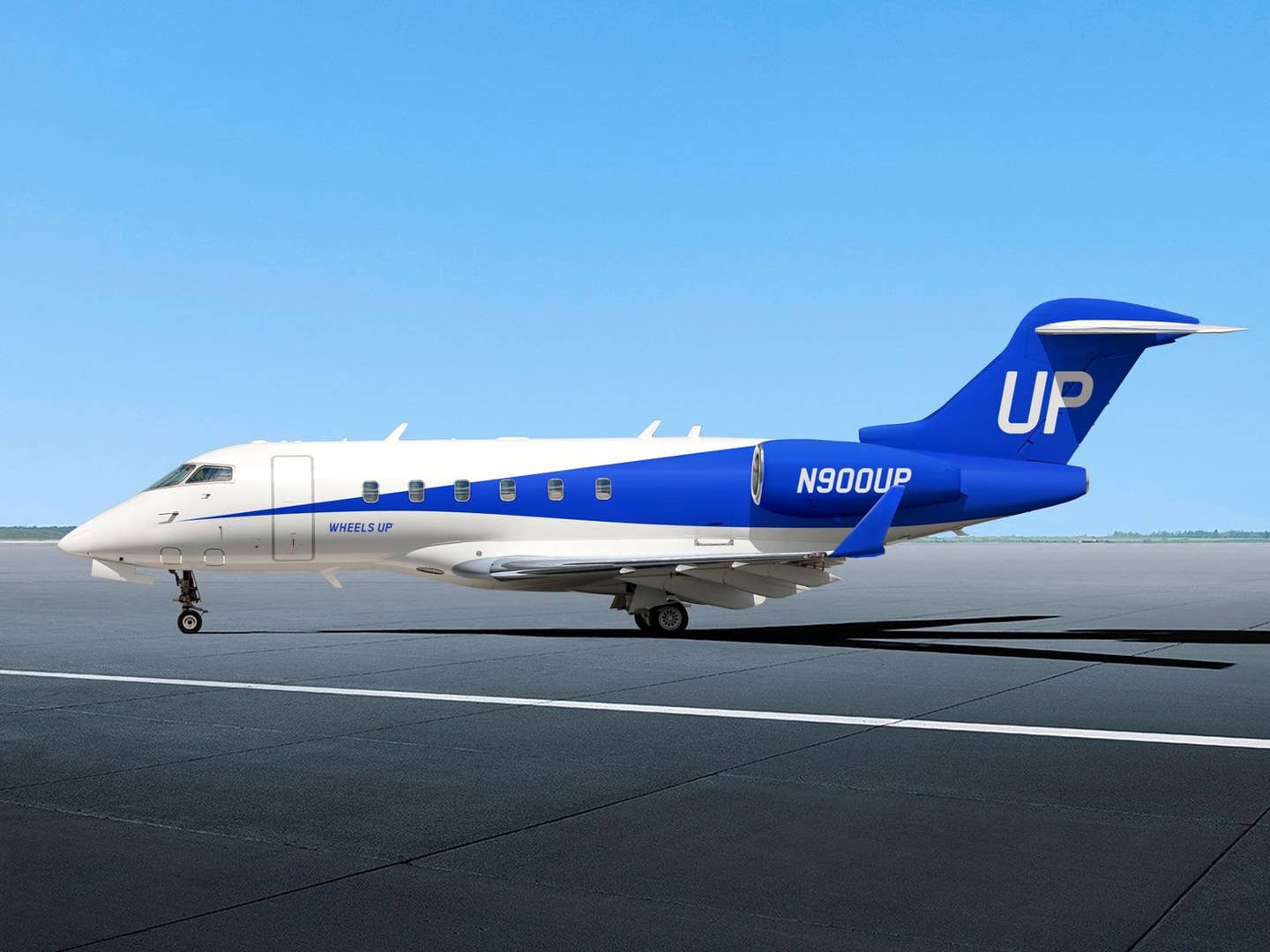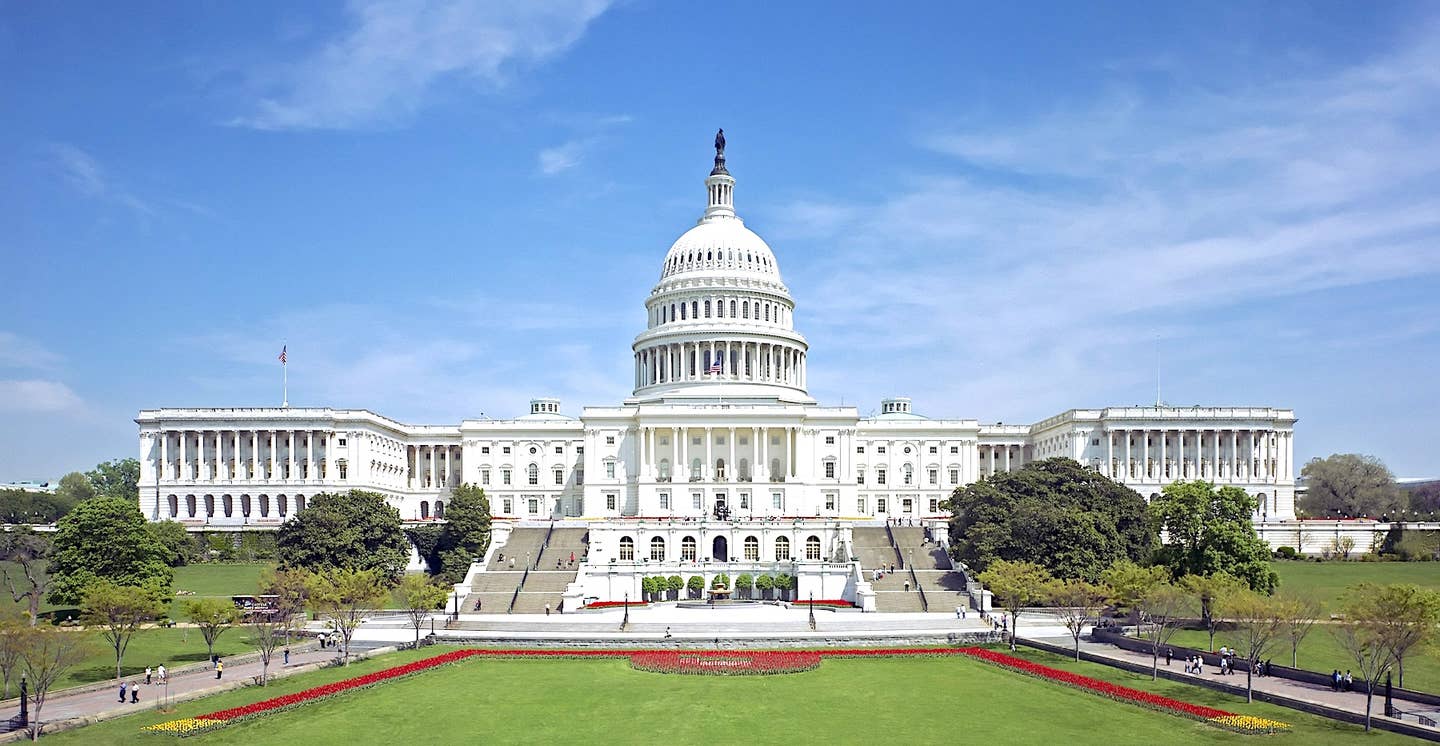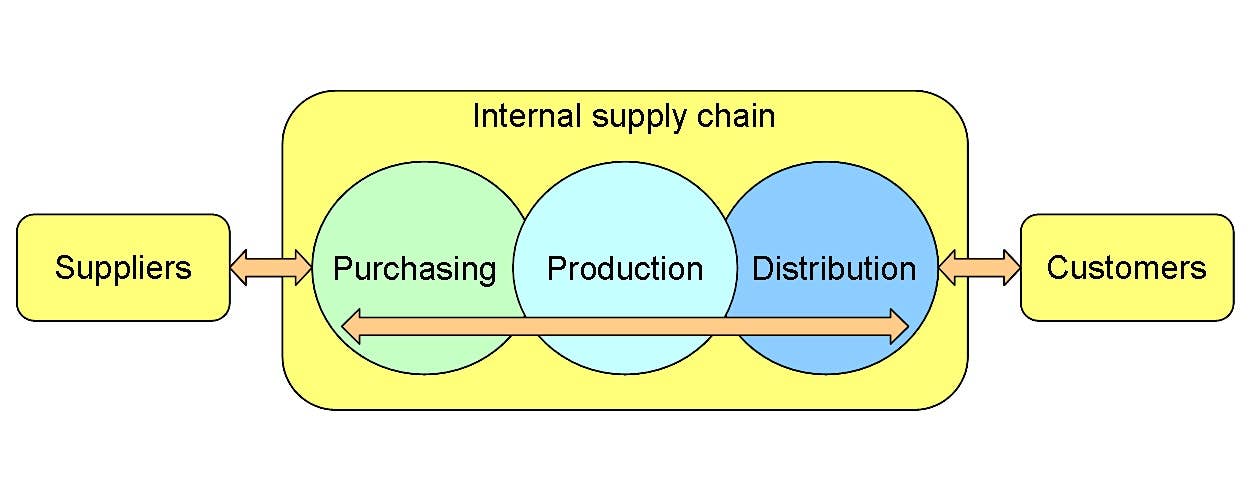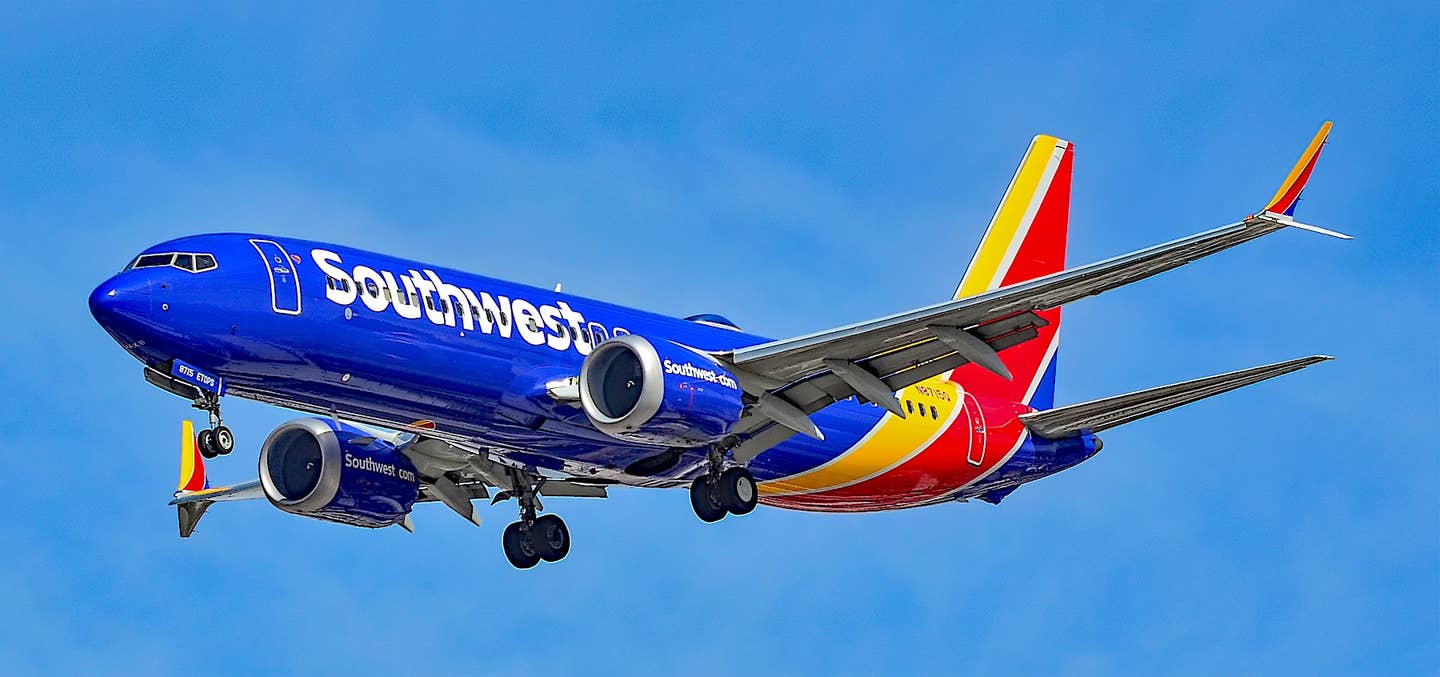FAA Letter Hits, Again, At Illegal Compensation For Carrying Passengers
The FAA issued a letter (Notice Number: NOTC2238) today (Feb. 1) again addressing the misuse of expense sharing and misunderstandings related to pilots’ certificate privileges when it comes to operations…

The FAA issued a letter (Notice Number: NOTC2238) today (Feb. 1) again addressing the misuse of expense sharing and misunderstandings related to pilots’ certificate privileges when it comes to operations involving compensation. The agency cited unauthorized Part 135 operations (carrying passengers for compensation) as a nationwide problem, “putting the flying public in danger, diluting safety in the national airspace system, and undercutting the business of legitimate operators.”
The first issue—expense sharing—is explained in the letter by clarifying the limitations of this activity. “One commonly misapplied provision is the expense sharing exception contained in § 61.113(c), which permits a pilot to share the operating expenses of a flight with passengers provided the pilot pays at least (may not pay less) his/her pro rata share of the operating expenses of that flight. Those expenses are strictly limited to fuel, oil, airport expenditures, or rental fees. In addition, only reimbursement from the passengers is allowed.” Pilots are also cautioned to be careful they are not liable to accusations of publicly “holding out” their services to the public.
Along those lines, another litmus filter for whether it is OK to collect contributions from passengers is the “common purpose test.” The pilot collecting expense money must be able to document that they have their own reason for travel to the destination. From the FAA: “For example: A private pilot is flying to Stillwater, Oklahoma, to visit her mother in the hospital over the weekend. Five of her friends would be coming with her to attend a football game that same weekend. She CAN legally share expenses because she has a reason to fly to Stillwater (visit her mother) not simply to transport her friends.”
Importantly, however, “If she has too many friends going to the football game [and] she has to make a second trip to pick up the rest, she CANNOT legally share expenses on the second trip because her purpose for flying to Stillwater was complete when she arrived the first time. The second flight was solely for the transportation of passengers.”
The second consideration the FAA cites involves pilots misunderstanding the differences between the privileges of their certificates and the limitations on the type of operation. The FAA notes that commercially rated pilots sometimes contend they can legally carry passengers for hire without complying with Part 119 requirements for the “operational rules” involved. The agency urges: “Prior to conducting any operation, a pilot must also determine what operational rules the flight is conducted under, whether the operator has the appropriate operational certification [a Part 119 certificate], and whether the pilot has the requisite qualifications.”

